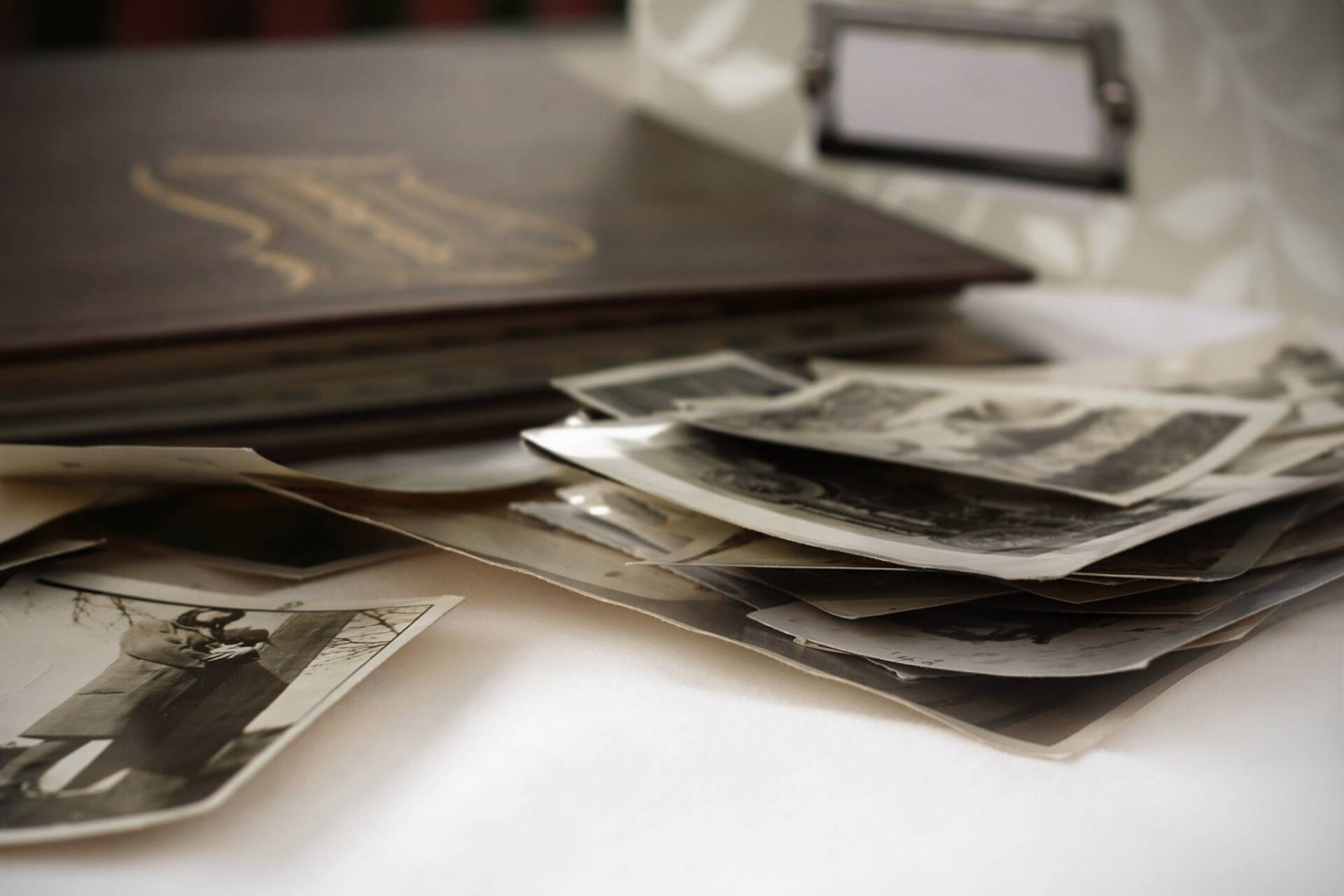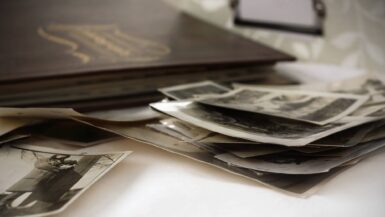Genealogy research often feels like a treasure hunt, where each new piece of information unlocks a deeper understanding of your heritage. For those tracing their Irish roots, Irish Estate Records provide an invaluable resource. These documents offer unique insights into the lives of ancestors who lived in Ireland, sometimes as far back as the 17th century. This article delves into the intricacies of utilising Irish Estate Records in your genealogy research.
What Are Irish Estate Records?
Before diving into how to use Irish Estate Records, it’s important to understand what they are. Estate records in Ireland are documents related to land ownership and tenancy. These records were typically maintained by landowners, and could include a range of documents such as rent rolls, leases, maps, and correspondence between landlords and tenants.
Why Are Irish Estate Records Significant for Genealogy?
Irish Estate Records can fill the gaps left by other records that may have been lost or destroyed. For example, the catastrophic fire at the Public Record Office of Ireland in 1922 resulted in the loss of many important documents. Estate records, often kept privately, can provide crucial data that other sources can’t. They can offer:
- Names and Ages: Finding the names of family members, their ages, or even a birth date.
- Relationship Information: Details about relationships between family members can be discerned.
- Economic Status: By studying rent rolls and leases, you can get a sense of your ancestors’ economic standing.
- Geographical Information: Maps and land surveys can pinpoint exactly where your ancestors lived.
How to Find Irish Estate Records
The National Archives of Ireland
Your first stop in the search for Irish Estate Records should be the National Archives of Ireland. This institution holds an extensive collection of estate papers.
Local Repositories
Local county archives, historical societies, and libraries in Ireland often hold estate records that have not made it to the national level. These local repositories can be goldmines of information.
Online Databases
Online resources like FindMyPast, Ancestry.com, and the Public Record Office of Northern Ireland offer digitised Irish Estate Records that you can access from the comfort of your home.
Family Papers
Don’t underestimate the power of family-held documents. Letters, wills, and property deeds stored in old family trunks can also serve as estate records.
Strategies for Utilising Irish Estate Records
Once you’ve located these records, you’ll want to make the most out of them. Here are some strategies to utilise Irish Estate Records effectively.
1. Develop a Timeline
When you find your ancestors in estate records, note down the dates. Develop a timeline to help you understand the sequence of events in your ancestors’ lives.
2. Cross-Reference Information
Irish Estate Records often contain bits of information that can be verified against other record types like church records, civil registration records, or census data. Always cross-reference to confirm the accuracy.
3. Look for Clusters
If you find a family member’s name in an estate record, don’t stop there. Search for other names you recognise. Extended families often lived close to each other, and their names could appear as neighbors in the same record.
4. Understand the Language
Some of the terms in Irish Estate Records can be archaic or specific to land tenancy. Familiarise yourself with these terms to better understand the records.
Navigating Challenges in Using Irish Estate Records
Incomplete Records
Estate records may be incomplete, missing crucial information like names or dates. In such cases, use other available data to piece together your genealogy puzzle.
Illegibility and Transcription Errors
Old records may suffer from poor handwriting or transcription errors. Always try to view the original document, if possible, to confirm details.
Economic Changes and Land Division
Keep in mind that the economic landscape and division of land changed frequently in Ireland, particularly in the 19th and early 20th centuries. Try to understand these changes as they will offer context to your ancestors’ lives.
Special Types of Irish Estate Records
Tithe Applotment Books
These are records of a tax levied on various types of property (mainly agricultural). The books can provide information about the property holder and the size of the land they possessed.
Griffith’s Valuation
A comprehensive property survey conducted between 1847 and 1864, Griffith’s Valuation lists almost every landowner and tenant in Ireland at that time. This source is especially useful for genealogy research.
Landed Estate Court Rentals
These are records of estates that were sold when the owner became insolvent. They often contain tenant lists and can be an invaluable resource for finding ancestors who might have been part of a struggling estate.
Lease Books and Rent Rolls
Lease books provide the terms under which land was rented to tenants. Rent rolls are lists of tenants on an estate, usually recording the rent they paid.
Conclusion
While we have covered a lot of ground, there is still so much to explore when it comes to utilising Irish Estate Records in genealogy research. With meticulous searching, cross-referencing, and a good understanding of the history and terminology, these records can provide rich, unique insights into your Irish ancestry. So, if you’re keen to dig deep into your Irish roots, let the treasure hunt begin with Irish Estate Records!




Leave a reply